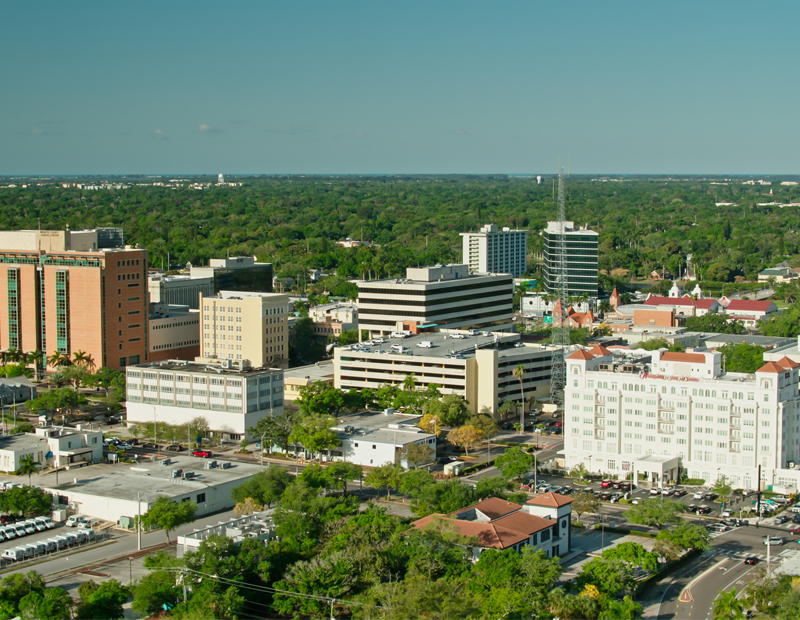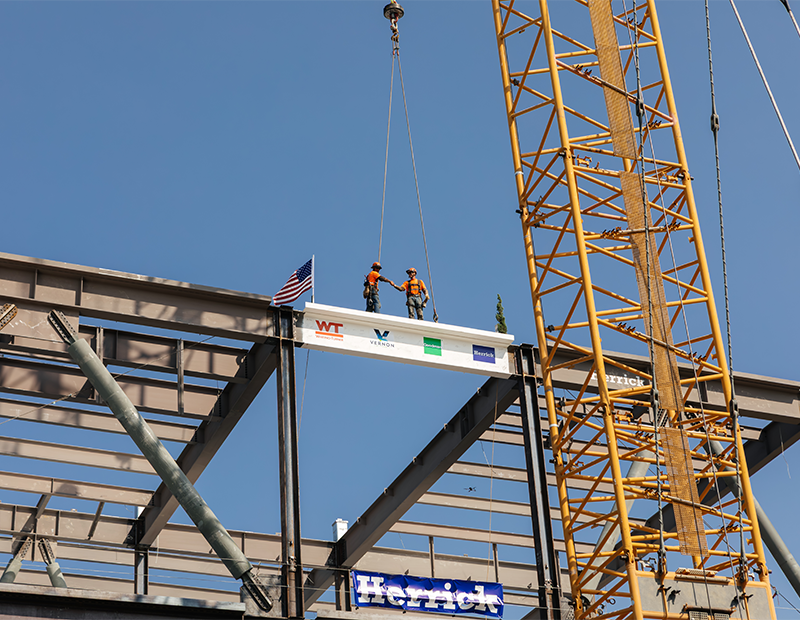Why REITs Are Optimistic Despite Declines in Appraisals
Valuation dips in the office sector and certain retail categories are not expected to be existential, says Fitch Ratings' Stephen Boyd.
Property appraisal valuations in Fitch-rated U.S. CMBS conduits declined 34 percent across property types during 2020, with retail valuations taking the biggest hit.
The combination of vaccinations, a decline in social distancing, the ongoing return-to-office trend, and strong consumer demand and balance sheets, however, have sent REIT share prices 25 percent higher year-to-date through July 22, suggesting better days for commercial real estate are ahead.
REIT share price performance, though, varied by property sector and suggested continued challenges for some that may impact operating performance and capital availability. Indeed, office and hotel REIT shares have underperformed year-to-date, with returns of 17 percent and 12 percent, respectively.
Office valuations dropped on average 43.1 percent, but this is attributed to a small number of updated appraisals that have a wide dispersion of declines, ranging between 13 percent and 87 percent. Fitch expects office REIT performance to vary by geography, with the Sun Belt market generally outperforming coastal gateway cities. The latter will likely see a slow and below-average recovery that leads to pressure on occupancy and rent growth through the cycle. However, office challenges are not existential, as is the case in certain retail formats, such as second-tier malls.
Hotel valuations declined by 32.5 percent and are expected to have reached a trough for properties without pre-pandemic performance concerns. Hotel values declined across full-service, limited-service and extended-stay properties. However, the lower-price tier and extended-stay formats have seen a strong rebound to near pre-pandemic levels, supported by more suburban and rural locations, and, to a lesser extent, leisure demand orientation. Large urban hotels focused on corporate and group demand will take the longest to recover and are unlikely to recover to 2019 peak RevPAR levels until 2023, or later. As such, REIT performance will vary widely by hotel property type focus.
Retail properties experienced the steepest value declines last year, averaging a drop of 38.9 percent. The largest declines were seen in Class B/C regional malls. These overall retail valuation declines incorporate a more permanent impairment to property-level cash flows, driven by accelerating tenant bankruptcies and store closures, as the pandemic exacerbated secular pressures that were already underway.
The scarce liquidity and limited sales transactions for regional malls, in addition to the exodus of department store anchors, downward trending brick-and-mortar sales and increased concerns for long-term viability and obsolescence, were responsible for the bigger hit taken by this asset type. Indeed, several second-tier mall REITs, including CBL & Associates, Pennsylvania Real Estate Investment Trust and Washington Prime Group Inc. (rated D) sought bankruptcy protection during the last 12 months.
These companies will likely reorganize and emerge with stronger balance sheets and greater financial flexibility, but Fitch expects operational challenges will continue to weigh on cash flows and debt capital availability for this property type. Class A malls with strong sales productivity should fare better, however, the internet has forever impaired the strong, protected competitive positions these malls often enjoyed in the past.
Stephen Boyd, CFA, is a senior director in Fitch Ratings’ Corporates Group.








You must be logged in to post a comment.